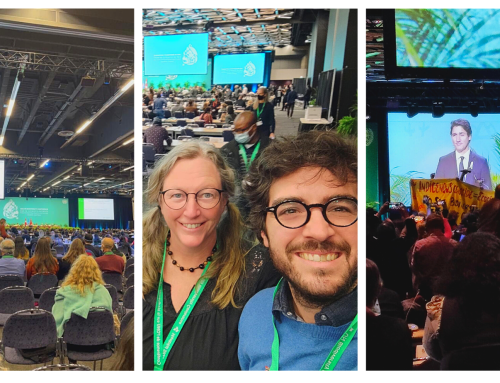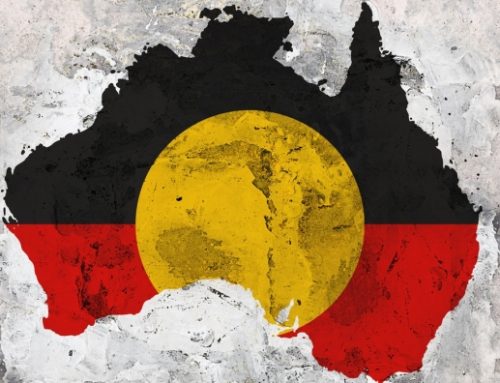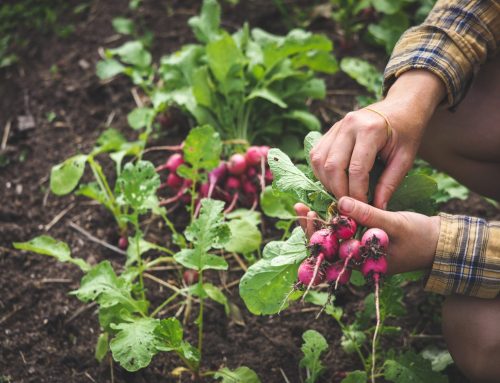Andrew Spencer
CEO, Australia Pork Ltd
18 October 2017
Dear Andrew,
Small-scale pastured pig farmers have concerns about whether Australia Pork Limited (APL) genuinely represents them. It is a matter of material interest to all pig farmers given the compulsory levy paid per carcass directly to APL. We have been alerted to a number of farmers (in addition to me) who have asked APL to please show how the organisation is actively supporting small-scale farms, but to date we have had only platitudes.
For some years now, the Australian Food Sovereignty Alliance (AFSA) has been monitoring APL’s support for small-scale farmers, and what we have witnessed is in fact a systematic campaign to undermine the efforts of the growing number of small-scale pastured pig farmers.
Examples of APL’s efforts against small-scale growers include:
- APL has given evidence in multiple VCAT cases against small-scale pastured pig farms, and in some cases taken the side of large-scale intensive pig producers against small-scale pastured farms, such as in the case of intensive producer and former head of the Victorian Farmers Federation (VFF) Pig Group John Bourke brought against small-scale free-range growers Freeland Pork. Given APL’s claims that it represents all Australian pig producers, there is an obvious conflict of interest where it supports one producer against another in legal proceedings.
- APL has made unsolicited phone calls to local councils, urging officers to pursue small-scale growers and require them to apply for permits for intensive animal husbandry.
- Since the 2015 VCAT ruling against Happy Valley Free Range which was heavily influenced by APL’s testimony against the small-scale farm, APL has taken the position that all pig farms should be treated the same under state planning provisions in spite of small-scale pastured pig farmers’ stance that they should be treated as other grazing systems with supplemental feed. In the case of the recent work to revise the Victorian Planning Provisions by the Animal Industries Advisory Committee (AIAC), the Committee noted:
Australian Pork Limited supported all pork producers being required to obtain approvals to ensure operations can benefit from ‘good siting, design and management’. It considered that departing from the current definitions of extensive and intensive animal husbandry is seen as a step towards transparency and planning certainty.
In taking this position, APL advocated to remove the label ‘intensive’ from large-scale intensive growers as well as from small-scale extensive growers, rendering them nearly indistinguishable in the proposed new provisions.
The Australian Food Sovereignty Alliance (AFSA) is a membership-based organization working for everyone’s right to access nutritious and culturally-appropriate food grown in ethical and ecologically-sound ways, and their right to collectively determine their own food and agriculture systems. We have over 700 individual and organisational members, at least a third of whom are small-scale farmers.
We call on APL to explain:
- Why it is actively working against the interests of small-scale pig farmers in its work around planning and regulation; and
- Why small-scale pig farmers should be forced to pay a levy to a body working actively against their interests.
In the interest of transparency and accountability, we write this demand in public, and ask that APL make a public response.
Sincerely,
Tammi Jonas
President




